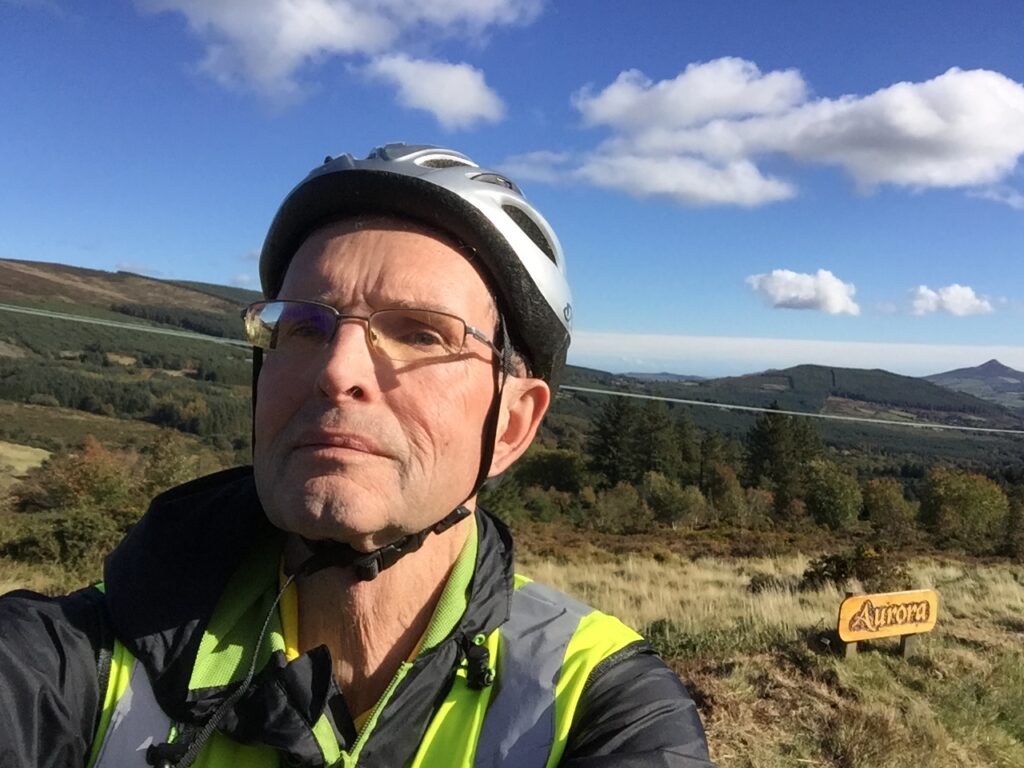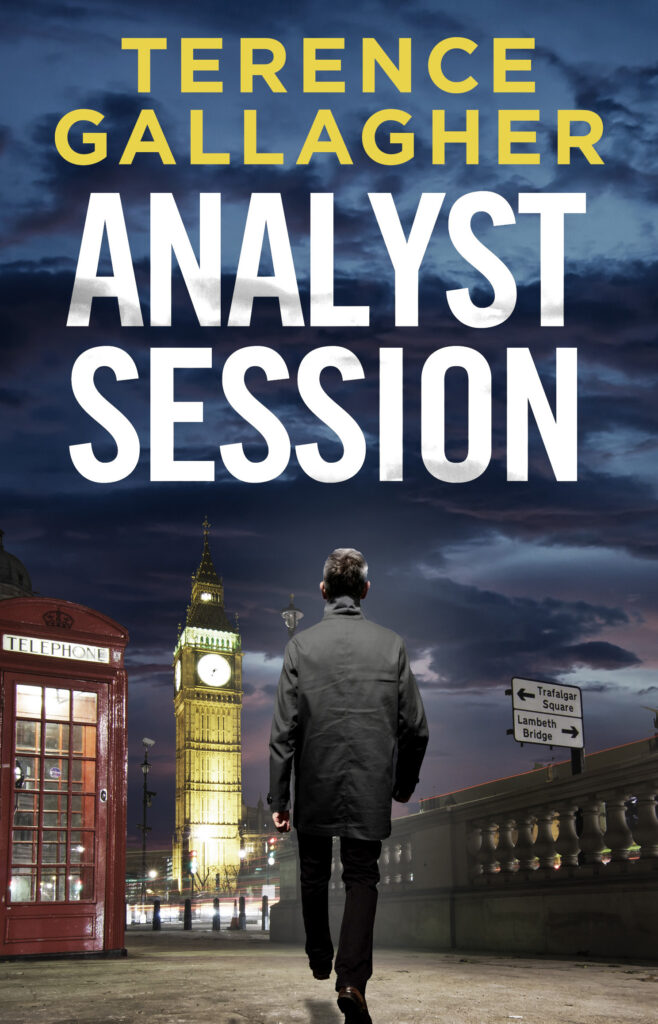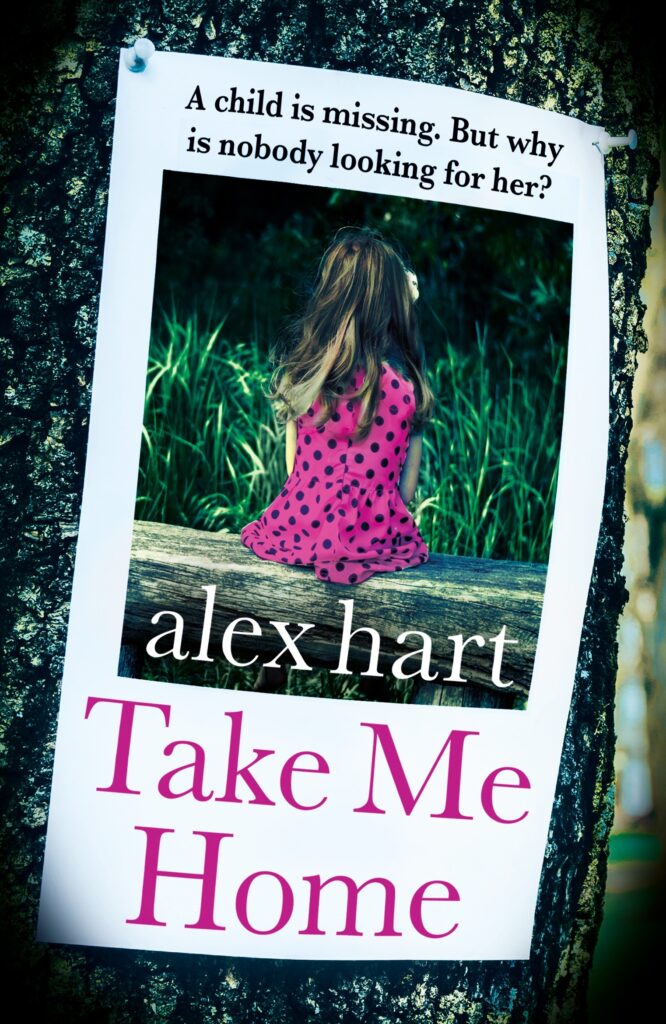I spend a lot of time working out in my head what I am going to write before I commit anything to my iPad which is my preferred writing tool. Only one to two hours a day is spent typing. I like to work out phrases and dialogue while I’m out walking my two Irish Setters or riding my bike. I also do a fair amount of research while I’m on the go. I use my iPhone in coffee shops to surf the web as I nail down the details of locales I am using, or to check historical facts.
A bit about me:
I am Irish. I grew up in Dublin in the sixties. I am a proud graduate of Trinity College Dublin. After College I went into management consultancy and ended up working in a wide variety of cities and countries worldwide. I am married with three grown children and split my time between Naples Florida, and Howth, a small fishing village north of Dublin. In both cases I live by water. I find it therapeutic to look out on a seascape whether it be the Gulf of Mexico or the Irish sea. My hobbies include, biking, working out, and walking. I am a music lover with a particular affinity for classical and Blues. My home in Howth stands on an acre and this has made me a reluctant gardener.
What I have written, past and present:
So far I have published two novels, Fujita 4, and Analyst Session. Both of these are available as ebooks and in paperback. I also had Fujita 4 professionally narrated and it is in audiobook format. I found it very exciting to have my characters brought to life and given a voice by a skilled actor. I am currently working on my third novel, A Coup in Makati.
What I am promoting now:
Analyst Session was just recently published and I am busy with promotional activity. It’s quite a juggling act to stay on top of PR for one book while trying to make progress on the next.
My writing process:
I use Scrivener word processing software to structure the outline of a book before I begin writing in earnest. Scrivener is specifically designed for authors. I create a summary of each chapter. I also use it to store sketches of all the major characters and to keep research notes. I then methodically work my way through from start to finish of the book. This means that each day I know what I have to work on next and I can keep from being overwhelmed by the magnitude of my task.
What about word count?:
As regards word count I go in aiming to create a work of between sixty and seventy thousand words. If I know how many chapters I have outlined, I roughly know how many words a chapter. This helps me figure out where the plot is light or I need to do more with characterisation. I run work in progress through Grammarly. This is a decent software package that will catch typos and many grammatical errors.
How do I create my structure:
It starts with the central character. I have to really know and understand him or her. Its as if they stand alone on an empty stage. I then like to create life situations which test my protagonist’s moral belief system. The milieu in which this plays out will be a place where I have lived or spent significant time in my own life. It’s easier to have the settings for the story be realistic. Other characters whose actions will precipitate the moral conflict then come to life.
What do I find hard about writing:
The most challenging aspect of writing for me is communicating the interior emotional life of my characters, particularly my female characters. The daily word output slows dramatically when I am wrestling with this.
What I love:
What I love about writing is conceiving a cast of characters, placing them in my fictional world, and seeing how they react and evolve. They tend to take on a life of their own. It wreaks havoc with the plot-line a lot of the time but I wouldn’t have it any other way.
Advice for other writers:
Advice I would have is take advantage of some the great software out there to help with the writing process. I have also used a variety of professionals to help edit and polish my work. I have used Reedsy and Fiverr to hire these and by and large it has worked out well for me.
Georges Simenon, the author of the Maigret stories was able to crank out a book in eleven days! It took Flaubert five years to write Madame Bovary. Every writer has their own pace. Writing is a solitary activity. It requires self discipline. All sorts of distractions can get in the way if you let them. It is important to have some sort of routine and schedule when setting out to write something.
Analyst Session is available as an ebook or in paperback from Amazon.



